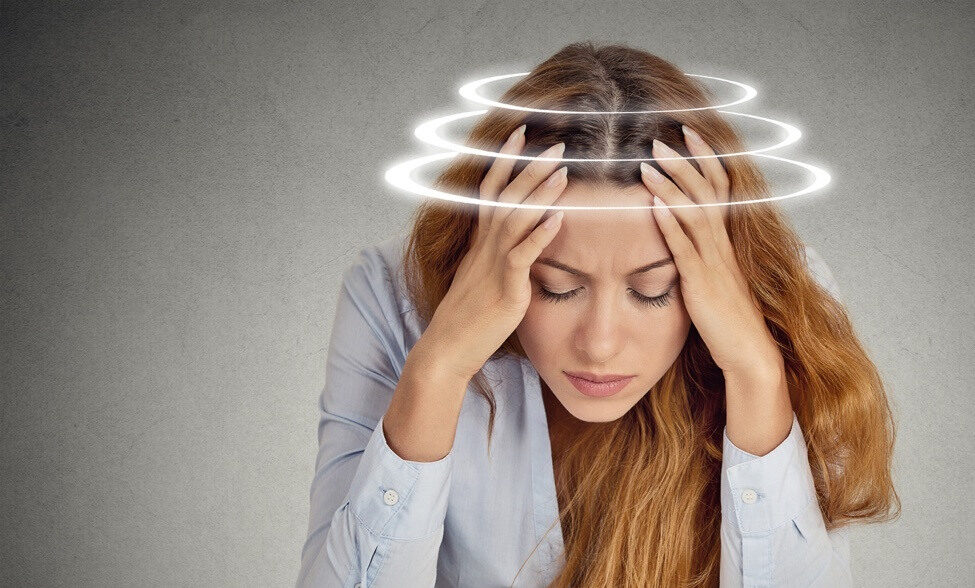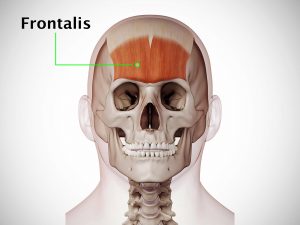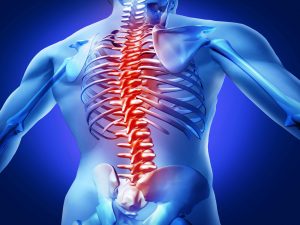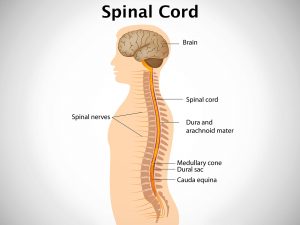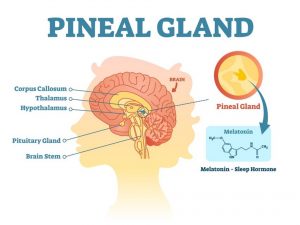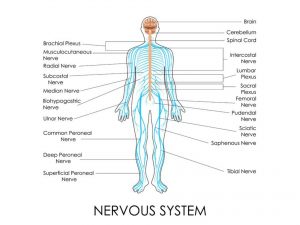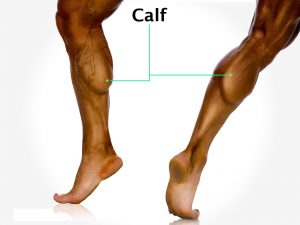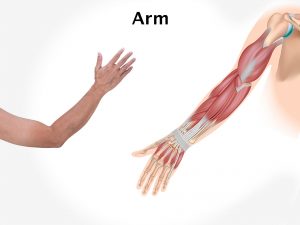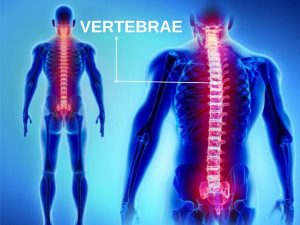Causes and risk factors:
Generally people above 65 years of age are more prone for suffering from dizziness. Sudden drop of blood pressure, anxiety and diseases of the ear like ear infection, meiners diseases are the common cause of dizziness.Aaemia, low blood sugar levels, dehydration, heat stroke and motion sickness also induces dizziness. Certain sever conditions of the nervous system like brain hemorrhages, multiple sclerosis, stroke leads to dizziness. Excessive exercising, excessive intake of alcohol, caffeine, tobacco and as an adverse effect of certain medications can also trigger dizziness. Heart diseases can also cause dizziness. In certain cases dizziness occurs without any etiology.
Clinical presentations:
The people can complaint of feeling as if things around him are moving or a fainting feeling. The person finds difficulty in balancing. He may also experience heaviness or light feelings in the head. Other associated complaints with which the person can come up are chest pain, nausea, vomiting, sweating, weakness and difficulty in breathing.
Diagnosis and investigations:
Diagnosis can be made on the basis of the symptoms narrated by the patients and the physical examination carried out by the doctor. The doctor can examine the ear and eyes also to find out the underlying cause. Certain sets of investigations can be done out like routine blood test, blood sugar levels, CT scan and MRI of the brain can be suggested.
Treatment:
Correction of the underlying cause is of foremost important. Lifestyle modification like avoiding excess of alcohol, tobacco and caffeine should be implemented. Adequate hydration levels should be maintained. For treatment of the underlying causes appropriate medications can be suggested by the doctor. In severe cases like brain tumor surgery or radiation therapy is necessary.
Other Modes of treatment
The other modes of treatment can also be effective in treating dizziness. Homoeopathy is a science which deals with individualization considers a person in a holistic way. This science can be helpful in combating the symptoms. Similarly the ayurvedic system of medicine which uses herbal medicines and synthetic derivates are also found to be effective in treating dizziness.
Recent updates:
In the current biology journal published in 2011 has reported that MRI’s magnetic field pushes on the inner ear fluid responsible for maintaining balance, causing subjects undergoing MRI scans to have jerky eye movements and dizziness.
